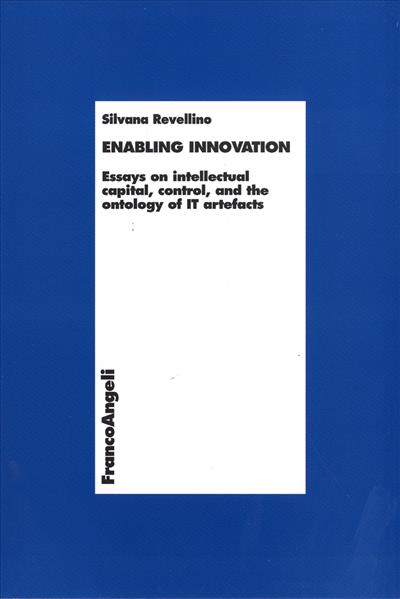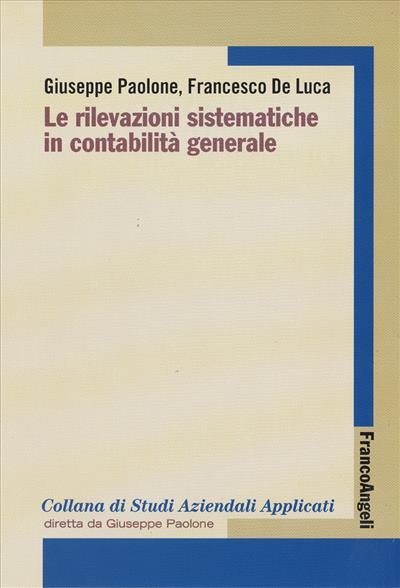
Enabling innovation.
Essays on intellectual capital, control and the ontology of IT artefacts
This book provides a comprehensive framework for the analysis of innovative organizational social settings by assembling three essays examining the intersection between intellectual capital, management control systems and the rhetoric of IT artefacts in enabling innovation. Based on the case of development of a technological device in Autostrade, the study explores the organizational and social context that enables the Telepass innovation, the social role and social effects of innovation and the main managerial accounting tools.
Pagine: 224
ISBN: 9788856824582
Edizione: 1a edizione 2010
Codice editore: 365.801
Disponibilità: Discreta




